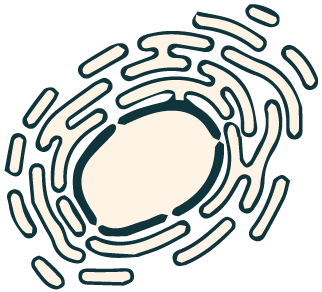This website uses cookies to ensure you get the best experience on our website.
- Table of Contents
Facts about Mucolipin-1.

May also play a part in phagosome-lysosome fusion (By similarity). Involved in lactosylceramide trafficking indicative for a role in the regulation of late endocytic membrane fusion/fission occasions (PubMed:16978393).
| Human | |
|---|---|
| Gene Name: | MCOLN1 |
| Uniprot: | Q9GZU1 |
| Entrez: | 57192 |

| Belongs to: |
|---|
| transient receptor (TC 1.A.4) family |

MG-2; ML4TRP-ML1; MLIV; MST080; MSTP080; mucolipidin; mucolipidosis type IV protein; mucolipin 1; mucolipin-1; TRPML1; TRP-ML1; TRPM-L1
Mass (kDA):
65.022 kDA

| Human | |
|---|---|
| Location: | 19p13.2 |
| Sequence: | 19; NC_000019.10 (7522624..7534009) |
Widely expressed in adult and fetal tissues.
Late endosome membrane; Multi-pass membrane protein. Lysosome membrane; Multi-pass membrane protein. Cytoplasmic vesicle membrane; Multi-pass membrane protein. Cell projection, phagocytic cup. Cytoplasmic vesicle, phagosome membrane; Multi-pass membrane protein. Cell membrane; Multi-pass membrane protein. Delivery from the trans-Golgi to lysosomes seems to occur mainly in a direct intracellular manner without intermediate delivery to the plasma membrane (PubMed:16497227). Under normal conditions, restricted to intracellular compartments so that only a very minor proportion is present at the ce





PMID: 11013137 by Bassi M.T., et al. Cloning of the gene encoding a novel integral membrane protein, mucolipidin, and identification of the two major founder mutations causing mucolipidosis type IV.
PMID: 11030752 by Sun M., et al. Mucolipidosis type IV is caused by mutations in a gene encoding a novel transient receptor potential channel.